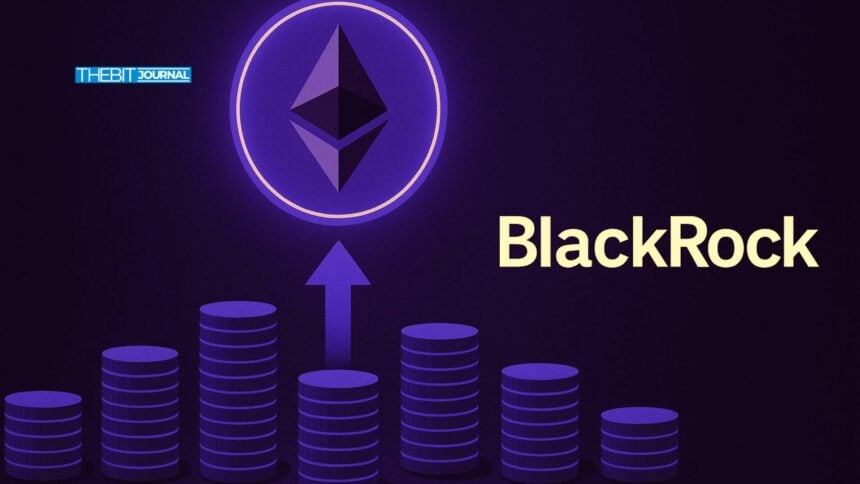The US Securities and Exchange Commission has formally acknowledged a file, starting the regulatory clock on BlackRock’s Ethereum ETF staking plan. This modification, presented through Nasdaq, would allow its iShares Ethereum Trust (ETHA) to stake its ether holdings directly or through trusted sources, with any staking rewards considered fund revenue.
Breaking: SEC Acknowledgment and Timeline
Following the Nasdaq filing, the SEC began a public comment period to begin the official review process. Analysts point out that, while the earliest deadlines for other issuers’ staking proposals are in late October 2025, the BlackRock filing’s final decision date is in April 2026. However, it is still expected that a verdict would be issued by the fourth quarter of 2025.
Legal Structure and Investor Benefits
The proposed modification would include a new staking clause that allows for the staking of all or part of ETHA’s Ether, either directly or through approved custodians. Those staking awards would be added to the ETF’s income stream, which BlackRock argues increases return potential while meeting regulatory requirements.
As Bloomberg analyst James Seyffart stated, “Staking is not ‘done’. There are several ETH staking ETF registrations already on record… The BlackRock file has a final deadline of ~April 2026, although we believe staking will be granted by at least 4Q25.”

Market Impact: ETHA Growth and Institutional Confidence
ETHA is the largest Ethereum ETF in terms of assets under management, with over $7.9 billion and substantial institutional inflows—$499 million as of mid-July alone. Analysts believe that approving the Ethereum ETF staking proposal will encourage even more institutional engagement by providing both price exposure and revenue possibilities.
Market experts point out that in-kind redemptions for spot Bitcoin and Ethereum ETFs were permitted on July 29, allowing authorized players to immediately swap ETF shares for ETH or BTC, which is expected to significantly increase liquidity and operational efficiency.
Institutional Yield Meets Crypto Innovation
BlackRock’s Ethereum ETF staking proposal, which combines price exposure with staking incentives, has the potential to alter how investors see crypto ETFs. If passed, this amendment will allow the iShares Ethereum Trust to produce income on staked Ether, providing institutions with a regulated means to access blockchain profits. Analysts believe this move might result in billions of dollars in inflows, establishing Ethereum as a top alternative for income-seeking investors.
Strategic Significance in Regulatory Context
Approval of the Ethereum ETF staking proposal would be a watershed event in US cryptocurrency legislation, including staking revenue into a regulated ETF structure. The SEC’s caution, as seen by prior delays with Grayscale and Franklin Templeton, reflects continued concerns about investor protection, tax treatment, and operational integrity.
The idea is consistent with the SEC’s wider aim of balancing innovation with regulatory protections. One regulatory observer noted, “It’s a new day at the SEC,” with an emphasis on making cryptocurrency markets fit for purpose, efficient, and investor-friendly.
FAQs
What is the Ethereum ETF staking proposal?
It is BlackRock’s proposed amendment that would allow its iShares Ethereum Trust ETF to stake some or all of its Ether holdings and treat staking rewards as fund income.
What is the timeline for a decision?
Earlier staking proposals must be resolved by late October 2025. BlackRock’s filing has a deadline of April 2026, though many expect a ruling by Q4 2025.
Why does this matter for investors?
If approved, the ETF could offer both price exposure to Ether and yield from staking, appealing to institutional investors and those seeking regulated crypto income products.
Glossary of Key Terms
Ethereum ETF staking proposal: A regulatory amendment request to allow an Ethereum ETF to stake ETH and distribute rewards to investors.
Staking: Locking ETH to validate the network’s transactions in exchange for earning rewards.
In-kind redemption: A method where ETF shares are exchanged directly for the underlying asset, like ETH, rather than cash.
Authorized Participant (AP): A partner entity of an ETF that handles creation and redemption processes.





























